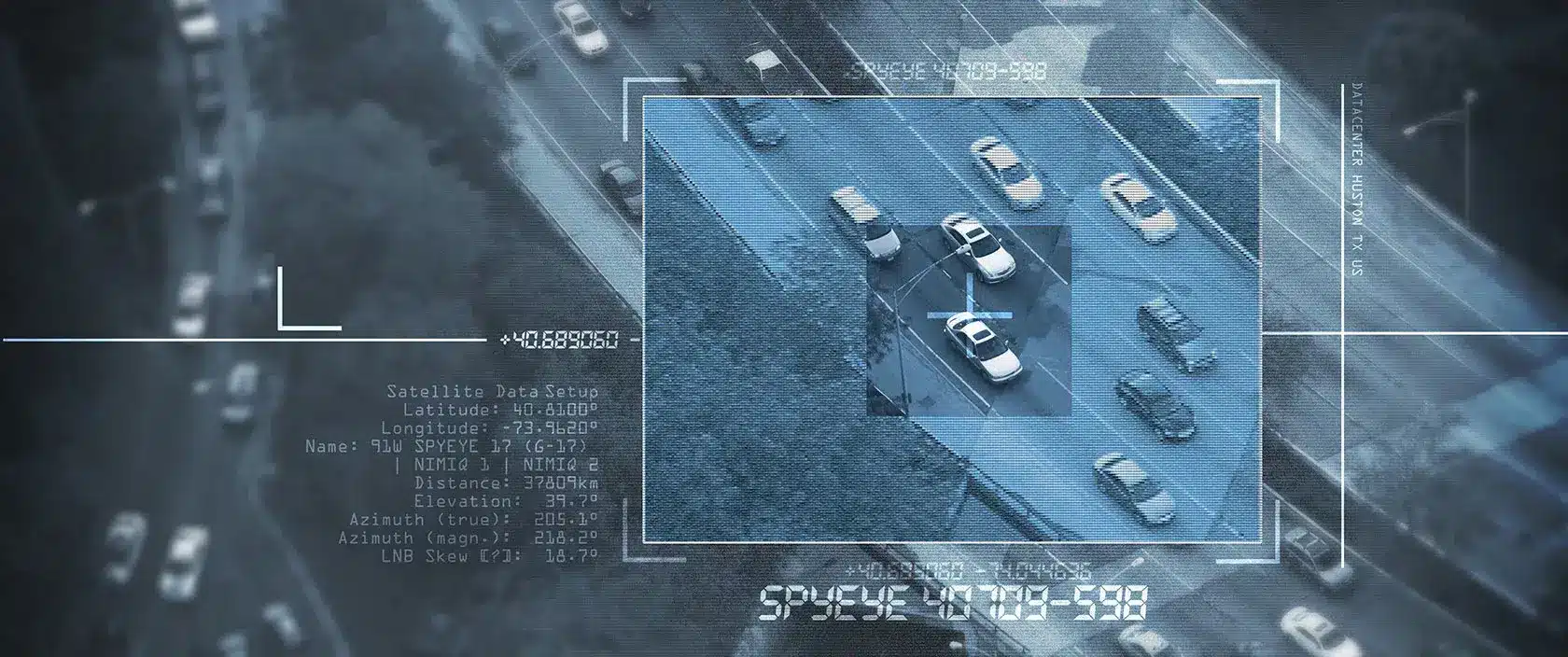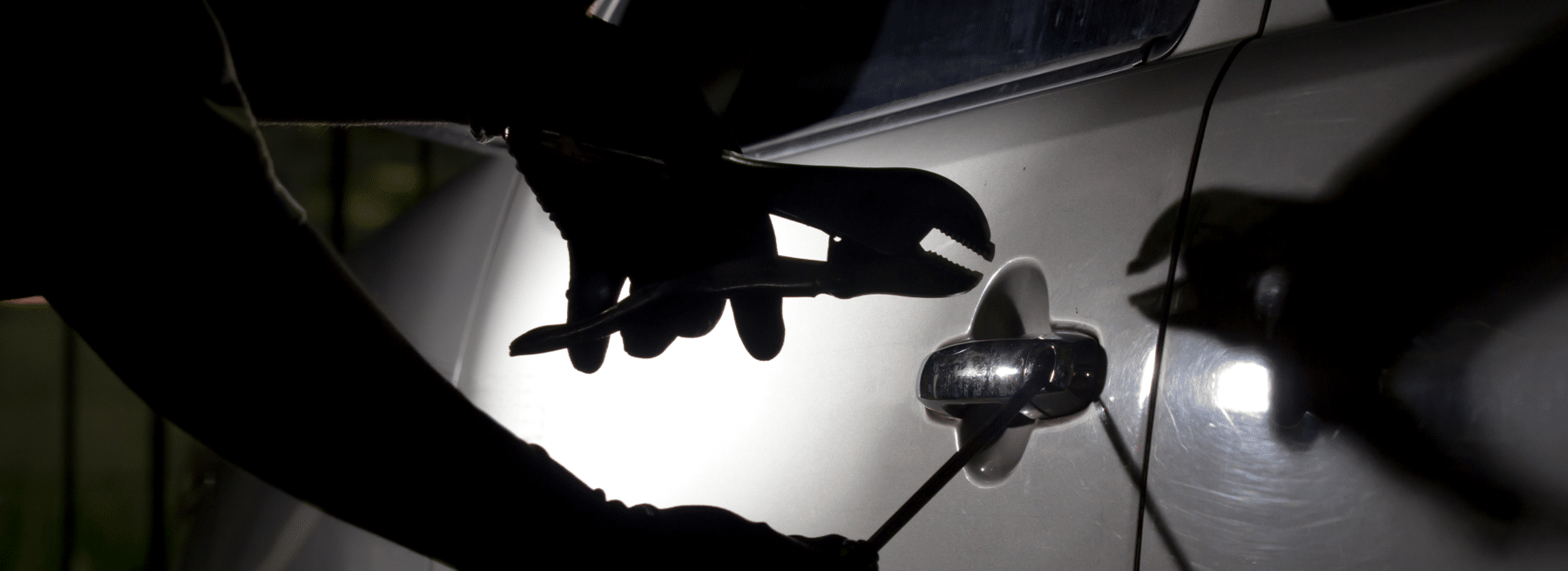A new report on the impact of organized retail crime from Retail Industry Leaders Association and Buy Safe America Coalition looks at the rise of organized retail crime activity affecting retailers. The economic and human impacts of these crimes are huge.
First, ORC stole almost $69 billion worth of products in 2019 prior to COVID. Secondly, these thieves are more brazen and violent than ever, especially the professional theft rings. They steal items in large quantities and quickly resell them in online marketplaces to customers who aren’t aware that these are stolen merchandise.
Third, these thefts cost federal and state governments almost $15 billion in tax revenues. This does not include the loss of sales taxes.
“Both data and news stories from across the nation also paint an alarming picture of organized retail crime’s impact on frontline retail employees,” says the study’s news release. “Nearly 67 percent of asset protection managers at leading retailers surveyed report a moderate to considerable increase in organized retail crime, while over 86 percent said that an organized retail criminal has verbally threatened an associate with bodily harm.”
Why Organized Retail Crime Is a Problem
A Chicago Sun-Times article references a National Retail Federation study that says ORC has climbed by 60% from 2015 to 2020. This is a total of $125 billion in lost economic activity. It’s a serious problem because organized retail crime often leads to other crimes such as human trafficking, drugs, and weapons.
CBS New York reports the New York Police Department says it has not seen this many thefts since the 1990s. In 2021, NYPD received more than 26,000 complaints about shoplifting, 6,000 more than the previous year. The spike is notable enough that drug stores are locking up more products. The story indicates states like Connecticut and California have created a task force to specifically focus on ORC.
A thief tells NBC News that he made more money stealing from retailers than selling drugs and faced less jail time. Moreover, federal law protects online companies like Meta’s Facebook’s from liability for what people post on their websites.
Law enforcement can access a suspect’s photos and text messages from a phone, but they cannot obtain information from social media networks like Twitter. Police officers often end up waiting for months for companies to respond to their requests causing the police to miss deadlines on search warrants.
“Organized retail crime is an industry-wide challenge and preventing it requires ongoing collaboration between retailers, law enforcement and online marketplaces,” a Meta spokesperson tells NBC news.
Legislation to Help Curb Organized Retail Crime
The situation is so dire that many states have introduced legislation to make it harder to get away with organized retail crime. Here are some of the legislative proposals.
Create laws targeting organized retail crime
Some states are working to make organized retail crime an offense that will come with a harsher punishment than other theft offenses. Of those that have already codified ORC as a crime, some may be looking to bolster it.
The House in Florida has approved SB 1534 to combat boosting in retail theft. This is when someone walks into a store and steals items by pocketing them or a cart filled with merchandise. The new law makes it a new crime in which violators will be subjected to a third-degree felony if they commit five or more retail thefts in a 30-day period and steal 10 more items from at least two locations. Additionally, Florida has increased the felony theft threshold to $750. Selling stolen merchandise online is also a felony.
The aforementioned Chicago Sun-Times story states Illinois has a draft bill known as the Organized Retail Crime Act. If passed, it will create a new criminal charge for organized retail crime. This will make it easier for law enforcement and prosecutors to investigate the crime.
Increase penalties for theft or lower felony threshold levels
This move helps law enforcement prosecute individuals for theft. Arizona, California, Virginia, and Wisconsin have pending or passed legislation targeting penalties and felony thresholds. Wisconsin’s bill hopes to stop flash mob theft in which a handful of people enter a store to quickly steal as much as possible.
The bill makes it possible so if an individual is caught doing a flash mob theft, then they will be punished based on the total value the entire mob stole instead of just what the individual took. Virginia legislation is looking to require online marketplaces to verify the identities of high-volume sellers.
Target Online Marketplaces
One of the biggest challenges is that ORC anonymously sells its stolen goods online. This is based on the Integrity, Notification, and Fairness in Online Retail Marketplaces (INFORM) Consumers Act.
This bipartisan federal legislation requires online marketplaces to obtain verifiable contact information for third-party sellers that sell more than $5,000 worth of merchandise. Marketplaces would also have to give consumers a way to report suspicious activities.
States aren’t just introducing legislation to battle organized retail crime. They’re also budgeting for it. For example, California Gov. Gavin Newsom wants to increase the California Highway Patrol’s budget to strengthen its ORC task force. This will increase their presence around retail stores.
What can retailers do to stop organized crime? According to the National Retail Federation survey, 62% believe a federal ORC law is needed. What can retailers do besides voice their support for legislation? NRF’s report shows retailers are investing more in loss prevention budgets and technology.
Here’s How Retailers Can Fight Organized Retail Crime
Security guards have not helped retailers, especially in light of ORC becoming bolder and more violent. Because of this, many retailers tell their employees not to chase down thieves. It puts public safety and the store at risk for a violent confrontation. ORC gangs are aware of this hands-off policy and proceed with their plans without a second thought.
Retailers often increase prices to offset the losses from organized retail crime and retail security. However, it is possible to see a quick return on investment without passing the costs to customers with remote video surveillance.
Surveillance cameras have come a long way from being standalone systems. Some now have analytics combined with video technology to catch something in real-time before it happens and to make out identifying information. As soon as a trained monitoring operator sees suspicious activity, the operator can issue a warning to the suspect through an audio speaker. However, this may not always deter the aggressive organized retail crime gangs.
The next step is for the operator to contact the police while following the intruders’ movements. The operator can stay on the line with the police dispatcher until they arrive on the scene and locate the suspects.
Remote video surveillance can record activity that happens, which can give law enforcement the evidence they need to find and prosecute suspects. The benefit of video surveillance monitored by trained monitoring operators is that they’re not located on the retail property. Unlike security guards, operators’ lives are never at risk.
Many companies use video surveillance to enhance operational efficiencies. For example, they can help find bottlenecks and customer service problems that can be solved. Remote video surveillance that uses analytics and human operators can look for safety hazards to ensure the store maximizes safety and helps prevent liability problems. If a member of an organized retail crime ring falls and gets hurt in the store, the person could successfully sue the store. Yes, even though the person has criminal intentions.
Insurance providers sometimes lower insurance premiums when you show them you have installed remote video surveillance. To get the biggest bang for retail security while minimizing costs, consult with a video surveillance specialist that knows the retail industry. Every industry has its own requirements. For example, what works for construction may not work for retail.
Selecting a Qualified Remote Video Surveillance Provider
A qualified security consultant will know where to place cameras for the greatest number of views. Every retail property is different and security specialists can analyze your property to determine the ideal setup. You also want to find a security company with experience in your retail store’s geographical area.
As you interview security companies, ask them how long they retain video footage. You want to verify they keep the footage long enough in case you learn about a problem a month or even longer after it actually happens.
Here are retail center videos showing how they stop crime:
- Compilation of proactive security that deters theft
- Suspicious trespasser at retail shopping center
- Watch what happens when an intruder enters a store
- Compilation of drug deals on shopping centers
Video surveillance technology is constantly advancing. It’s less expensive and more effective than it used to be. Companies with experience in retail center security have the knowledge and resources to help maximize security for your property.
Innovative security solutions like those from Stealth Monitoring include remote video surveillance with integrated analytics and video verification. This video verification is important because emergency personnel will typically respond faster when they know a crime is in progress. And our team has video verification of what is happening.
Here’s a case study of how video surveillance helps save money and deter crime. To get a security solution that matches your requirements and budget, contact us.





